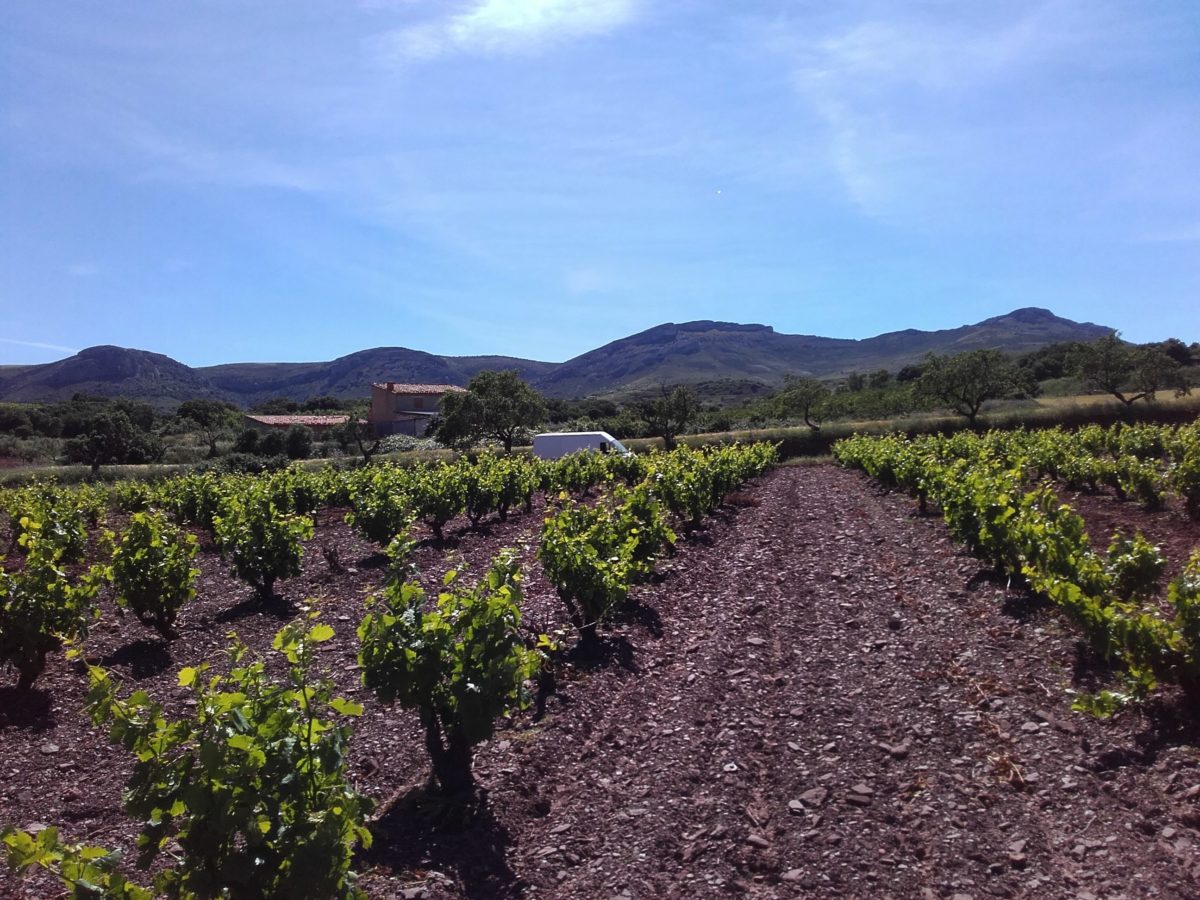A new experimental vineyard in Blenheim will help enhance the supply of quality grapes for New Zealand’s wine sector into the future.
Prime Minister Jacinda Ardern officially opened New Zealand Wine Centre–Te Pokapū Wāina o Aotearoa in Blenheim today, saying investments like these give cause for optimism for the future.
Economic and Regional Development Minister Stuart Nash said the Wine Centre and the Experimental Future Vineyard confirm Marlborough’s place as the preeminent location for research and innovation for New Zealand’s wine industry, attracting local and international talent.
Funding of $3.79 million for the Marlborough Research Centre to build a national wine centre was announced in 2020, one of the first substantial investments in Marlborough from the Government’s Provincial Growth Fund.
At the opening, a variation to Marlborough Research Centre’s existing funding agreement was announced, reallocating $770,000 of the $3.79 million investment at their request towards the construction and development of a new state-of-the-art Experimental Future Vineyard.
Stuart Nash said the Experimental Future Vineyard would be a huge asset to the winemaking industry and help foster cutting-edge Kiwi innovation.
“It will support sustainable growth in the sector by making use of automation and robotic technologies to prepare for a digital future. This will bring our local winemakers to a whole new level.”
The new experimental vineyard will be operated by Plant & Food Research, which says it will support the productivity and quality aspirations of the New Zealand wine sector by developing new growing practices with improved environmental outcomes.
Plant & Food Research will develop research programmes in collaboration with the Marlborough Research Centre, national and local government and the New Zealand wine industry, as well as provide student opportunities through the Nelson Marlborough Institute of Technology (NMIT) Te Pūkenga
The new facility will be based within a 600m2 shelter, allowing researchers to control the vineyard environment and build knowledge that will ensure the wine sector is prepared for future challenges.
The facility will enable research to be conducted within the vine and beneath the soil and allow researchers to control aspects of the environment such as soil type and temperature and water availability.
“We’re excited to be a part of Te Pokapū Wāina o Aotearoa,” says Dr Damian Martin, Science Group Leader Viticulture and Oenology at Plant & Food Research.
“We know climate change will add to challenges facing wine production in New Zealand, with warmer days and more insect pests and diseases able to establish here. We also know that consumer expectations will continue to evolve, with increased focus on sustainability credentials. Being able to understand how best to grow excellent grapes that allow winemakers to meet their environmental, financial and societal requirements will ensure our wine sector can continue to grow.”
Julian Theobald, Scientist at Plant & Food Research, says the facility will enable the development of new research programmes that might not be applicable immediately, but will
“… very much look to the future, helping the wine sector navigate potential production risks, protect the environment and mitigate the impact of climate change.
“We are also anticipating that technology developers may co-locate and conduct their development alongside the research team, creating new tools that improve efficiency of wine grape production long-term.”
Stuart Nash said the New Zealand Wine Centre will help our already world-renowned wine producers stay ahead of global trends in wine by developing new products and helping to tackle issues such as the impact of climate change on the sector.
“The winemaking sector has a huge impact on the national and regional economy, and accounts for one in five jobs in the Marlborough region. The most recent Marlborough Regional Workforce Plan projects a job growth of 17% for the wine industry, and the Wine Centre will support the development of specialist skills needed for new high-skilled jobs.
The Government is further supporting the viticulture sector by making the largest increase in over a decade to the Recognised Seasonal Employer Scheme, creating 3,000 additional places and providing workforce relief to the wine sector.
“I’m proud to see such a centre of excellence be based in the heart of New Zealand wine country, Marlborough, where over three-quarters of our exported wines are produced.” Mr Nash said.
Stuart Nash said the wine industry generates exports of almost $2 billion a year, and
“… these exports will only continue to grow as our new FTAs with the UK and EU come into force, providing even greater economic security to New Zealanders”.
And:
“The New Zealand Wine Centre will help our already world-renowned wine producers stay ahead of global trends in wine by developing new products and helping to tackle issues such as the impact of climate change on the sector.
“The winemaking sector has a huge impact on the national and regional economy, and accounts for one in five jobs in the Marlborough region.”
The most recent Marlborough Regional Workforce Plan projects a job growth of 17% for the wine industry, and the Wine Centre will support the development of specialist skills needed for new high-skilled jobs.
More than three-quarters of New Zealand’s exported wines are produced in Marlborough.
Sources: Minister of Economic and Regional Development; Plant & Food Research












